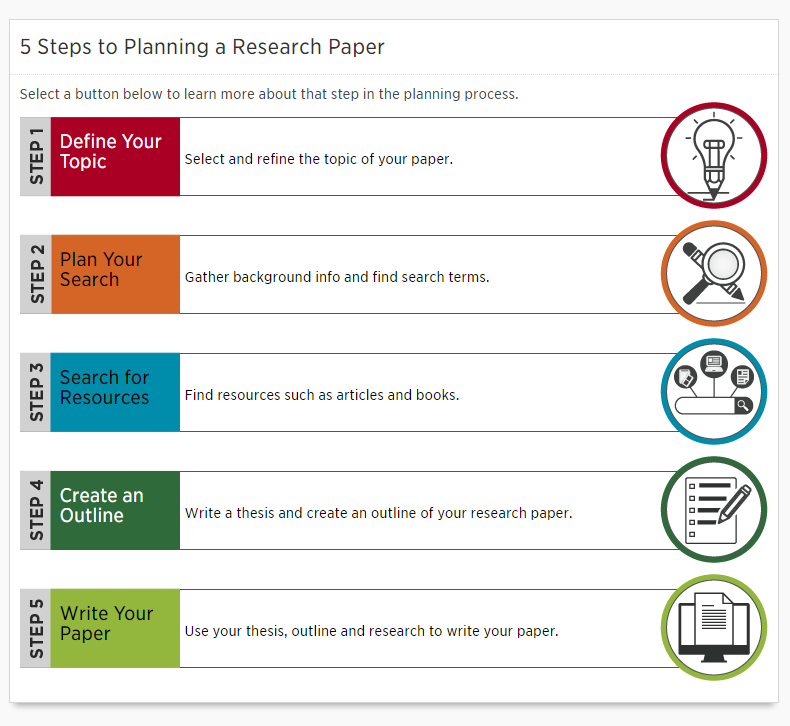Explore programs, careers, and future pathways with My Career Journey — a new, student-friendly tool now available through the Library’s A–Z Digital Resource Collection.
What Is My Career Journey?
It’s an online tool from the Government of Ontario that helps you figure out:
- What careers match your interests
- What programs can get you there
- Where those programs are offered
- Which jobs are currently in demand
- What skills and training you’ll need
Think of it as your career GPS — helping you see where you could go and how to get there.
🚀 How to Get Started (in 5 minutes)
- Go to the website
👉 https://www.ontario.ca/page/my-career-journey
- Take the short questionnaire
It’s quick, simple, and gives you:
- A personalized resource guide
- Suggested programs
- Relevant job profiles
- Labour-market insight
Great if you’re unsure of your direction or want to compare options.
- Explore programs
Use the Program Search tool to explore:
- College programs (including Algonquin)
- University pathways
- Apprenticeships
- Trades and training opportunities
Tip: If you’re considering transfer options or post-diploma programs, this is a super helpful way to compare.
- Check out in-demand careers
This shows which jobs are growing in Ontario — and what education you’ll need.
Examples include:
- Skilled trades
- Tech and IT jobs
- Healthcare careers
- Early childhood education
- Engineering and applied sciences
This helps you see whether the program you want aligns with real hiring trends.
- Look at the maps
The map feature shows all Ontario colleges, universities, and Indigenous institutes — including:
- Program availability
- Campus locations
- Nearby opportunities
Useful if you’re considering a future transfer, dual credential, or another location after Algonquin.
🎯 How Algonquin Students Can Use It Effectively
✔ Picking a program
Not sure if your program is the best fit?
Use My Career Journey to compare programs across Ontario and see your alternatives.
✔ Finding career pathways
Wondering where your diploma can take you?
The tool connects programs → careers → required skills → labour demand.
✔ Planning next steps
My Career Journey shows which institutions offer these options:
- Apprenticeships
- Post-graduate certificates
- Degree completion
- Changing fields
✔ Seeing the bigger picture
Ontario-wide labour market info helps you understand:
- What fields are hiring
- What employers look for
- Salaries and job outlook
- Education and certification requirements
💡 Tips for Getting the Most Out of It
- Be curious — click through job profiles even if they seem unfamiliar.
- Compare programs — sometimes a similar diploma at another college has a different emphasis that suits your goals better.
- Use it early — the sooner you explore career trends, the easier it is to plan your course loads, electives, and coop/internship decisions.
- Pair it with Algonquin resources like:
- Co-op office
- Career Centre
- Program Coordinators
- Academic Advising
📘 What This Tool Doesn’t Do
Just so you know:
- It’s not searchable through Page 1+ — you must go directly to the website.
- It won’t tell you which program you should choose — but it gives you the info to make the decision yourself.
🌟 Final Word
My Career Journey is an incredibly helpful resource — especially if you’re in college and trying to figure out what comes next.
Give yourself a few minutes to explore it. You might uncover options you didn’t even know existed.
